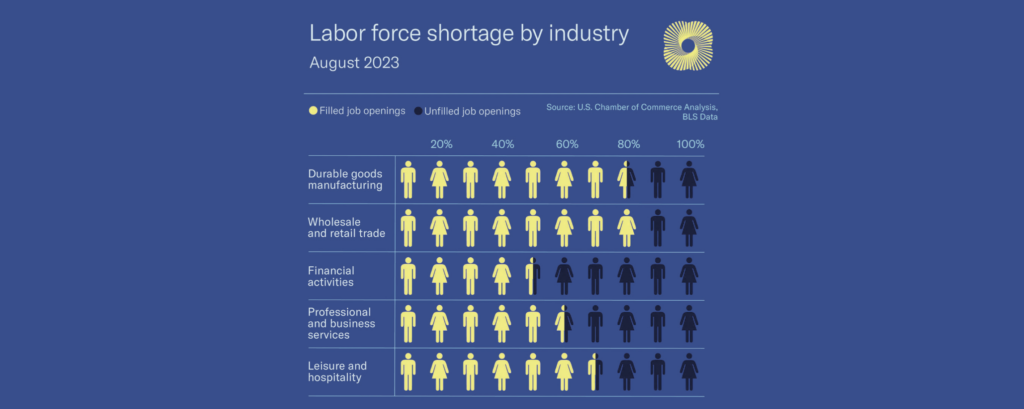Menu
- About Us ▼
- Newsroom ▼
- Research ▼
- Policy Areas ▼
- Events
- Past Events
- Champs Night in Strasbourg
- Sweden is More Than Just IKEA
- The Path Forward: Liberal Democracies and Technology Policy
- Coping with uncertainty in a post-pandemic world
- FDA’s Menthol Melee: A CCC Session
- CANNABIS CONCLAVE BY CONSUMER CHOICE CENTER®
- Cannabis Conclave 2020
- Cannabis Conclave 2019
- Telecom and Media Innovation Summit
- Brand Freedom Day
- Media Roundtables: Does the WHO act
in the interest of Global Public Health?
- Past Events
- Donate ▼
 ▼
▼




